Pabna, August 8 (V7N) – A dispute has emerged over the cutting of roadside trees near Atalanka High School in Mulgram Union of Chatmohar Upazila, Pabna. The incident came to public attention on Friday morning when local residents objected to the removal of two trees, alleging that the school authorities had sold them without informing the community or obtaining official permission.
According to witnesses, laborers began cutting down a mahogany and a jackfruit tree located in front of the school beside the road. Residents, including Shahidul Islam Milon, Azim Uddin, Ziaur Rahman Zia, and former union member Abdul Hakim, intervened and stopped the workers. The locals later claimed that Ashraful Islam Harez, president of the school’s ad hoc management committee, had allegedly sold the trees to Saidul Islam, a local timber trader and also a member of the same committee.
After being informed by residents via phone, Chatmohar Upazila Nirbahi Officer (UNO) Musa Naser Chowdhury instructed the school authorities to halt the tree-cutting activities. "No one obtained permission from the upazila administration to cut trees at Atalanka High School," said the UNO. "There is a formal process for such matters. Approval can only be given after confirming ownership—whether the trees belong to the government or the school—and following the legal procedures."
However, the school authorities denied the allegations of unauthorized sale. Acting Headmaster Abdul Matin stated that the school is suffering from a shortage of classrooms, and a tin-roofed building on the verge of collapse due to river erosion needs to be relocated urgently. "A resolution was passed in a school management committee meeting to cut two trees for rebuilding the classroom structure," he said.
Ashraful Islam Harez, the committee president, also denied selling the trees. “These are school-owned trees, not government property. The wood was needed to construct a new classroom building. Cutting was initiated based on the resolution passed with consent from local community members and committee members,” he claimed. He added that attempts were made to get formal approval from the UNO, but due to scheduling constraints, they had only informed him verbally.
The disagreement reflects broader concerns about administrative transparency and proper procedures in managing public resources, particularly in rural educational institutions.
END/MSR/SMA/



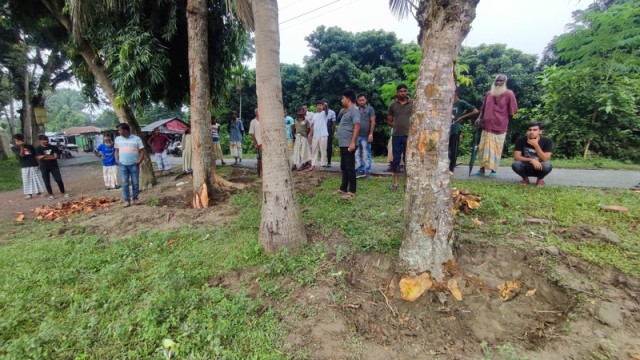
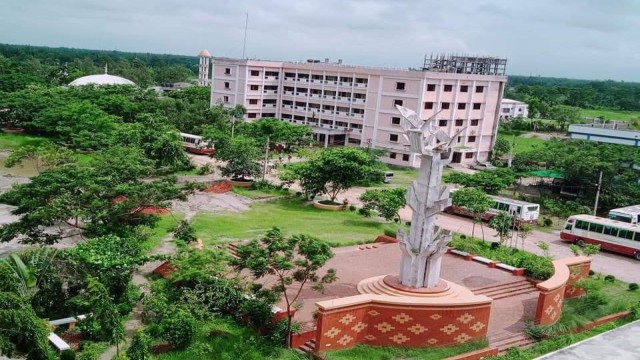

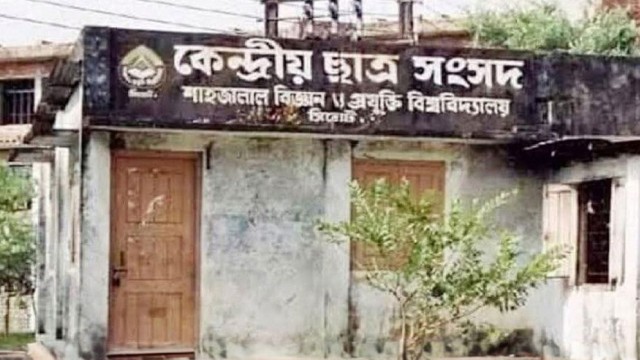
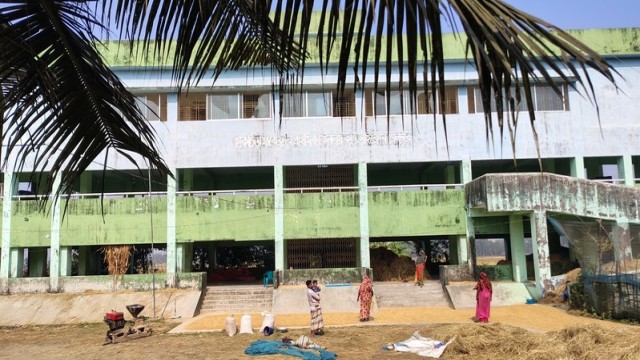

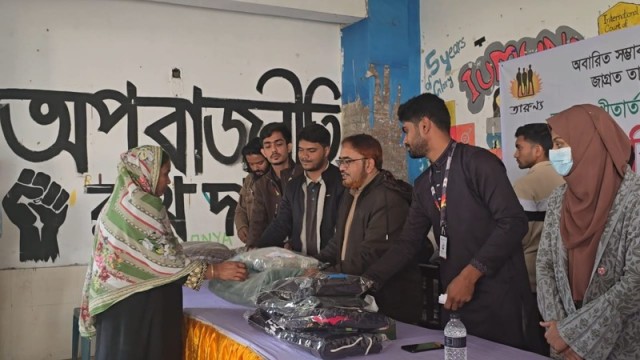





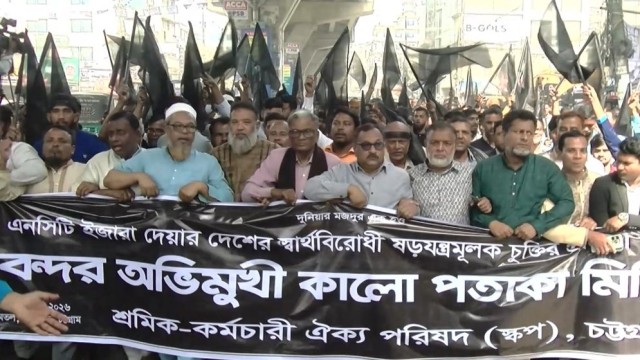

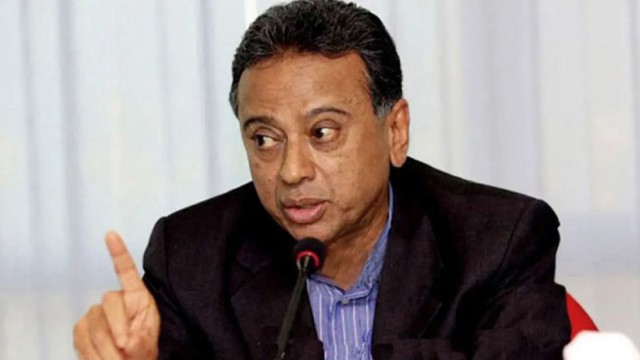

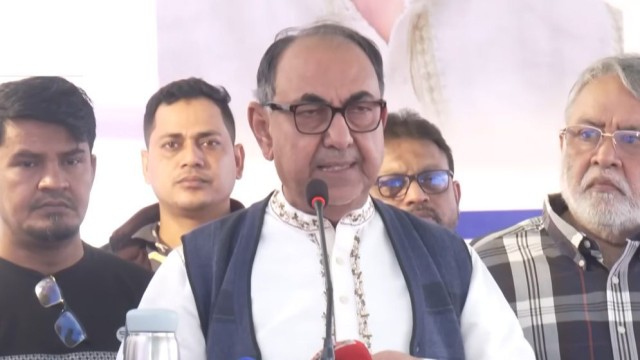








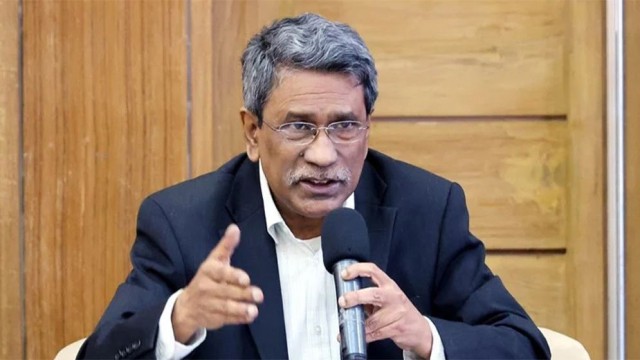
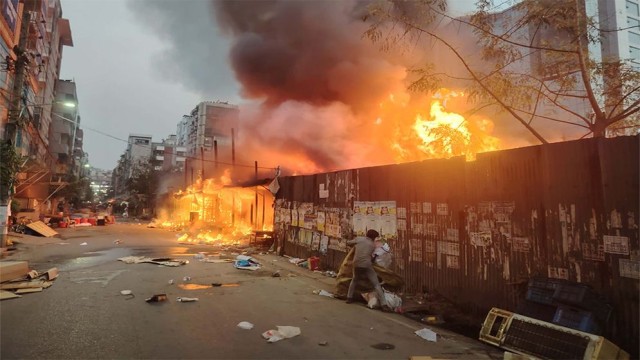

Comment: